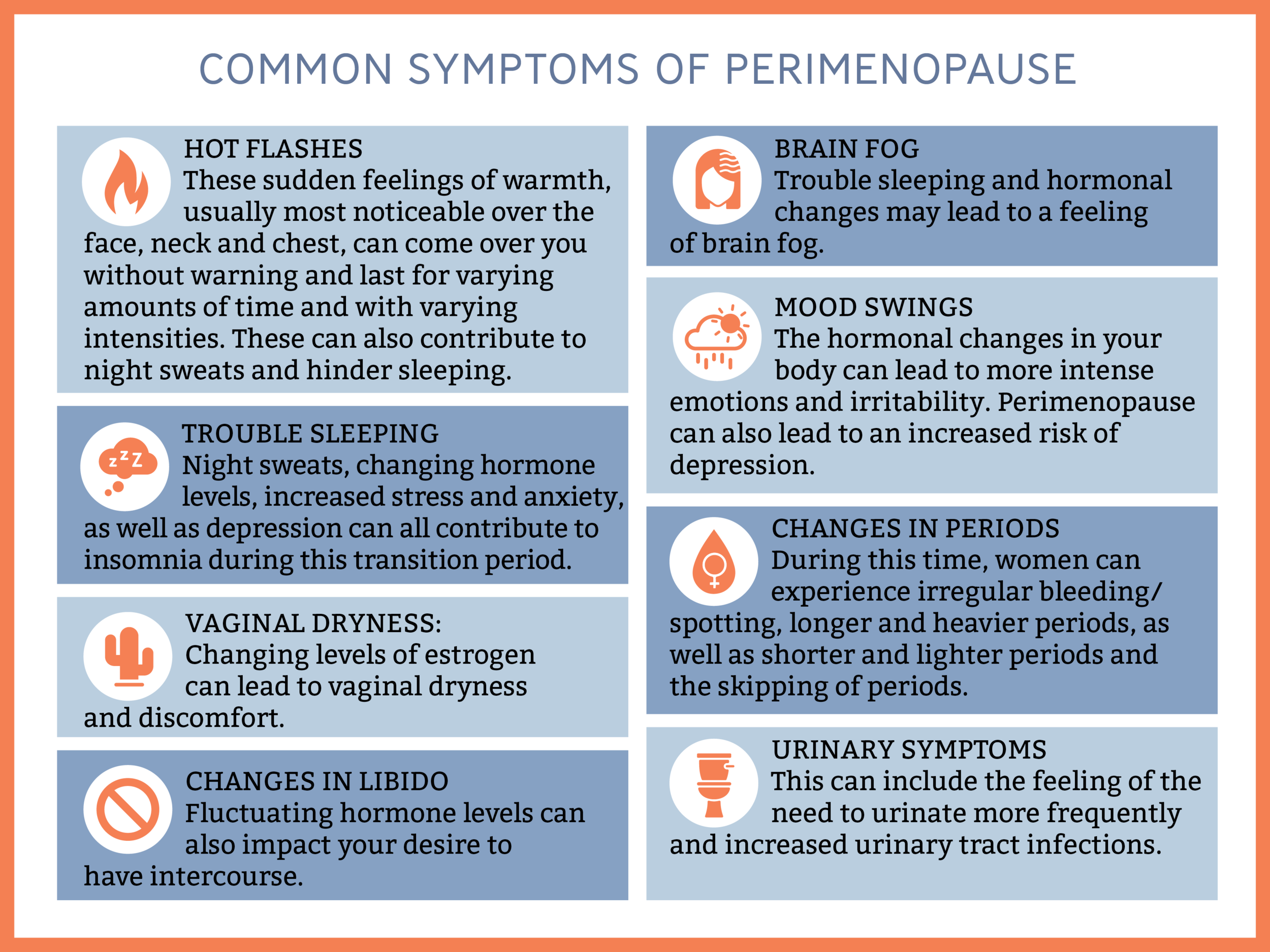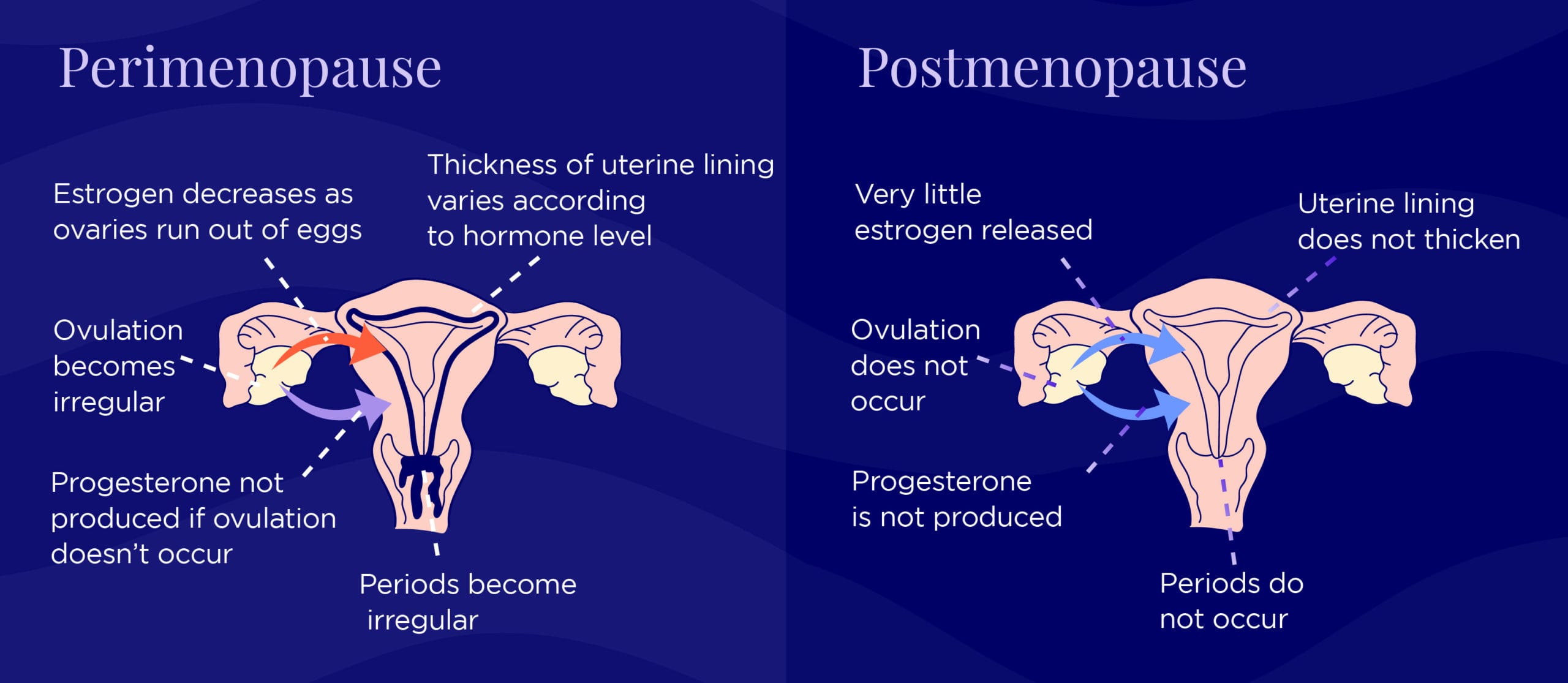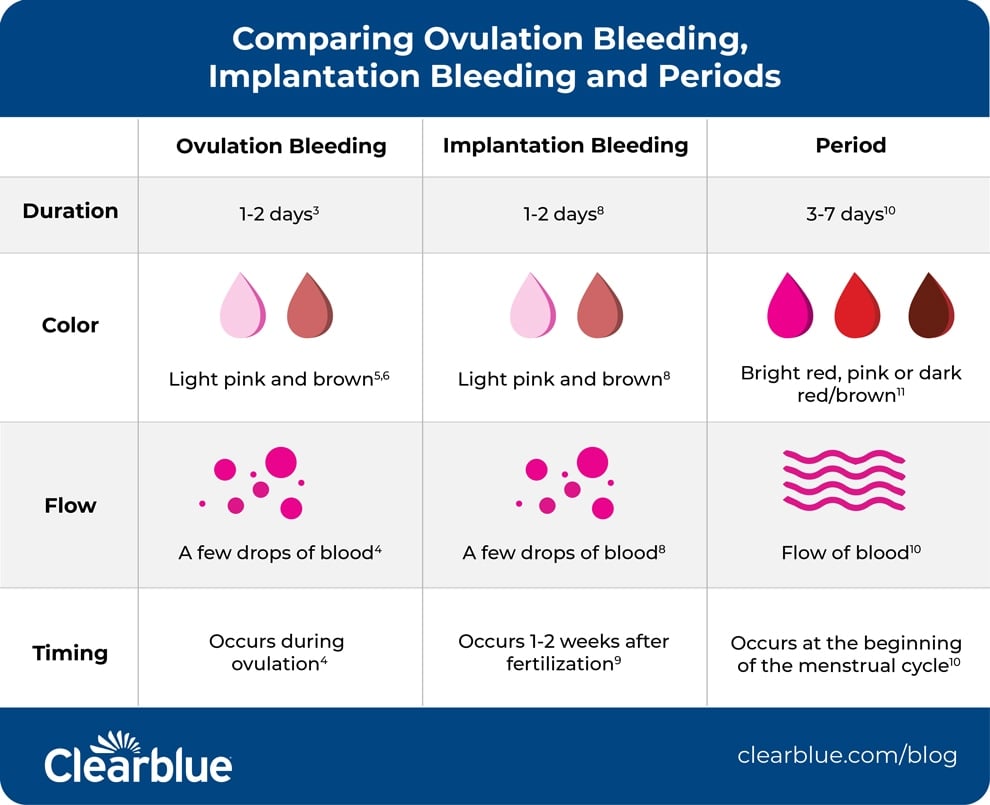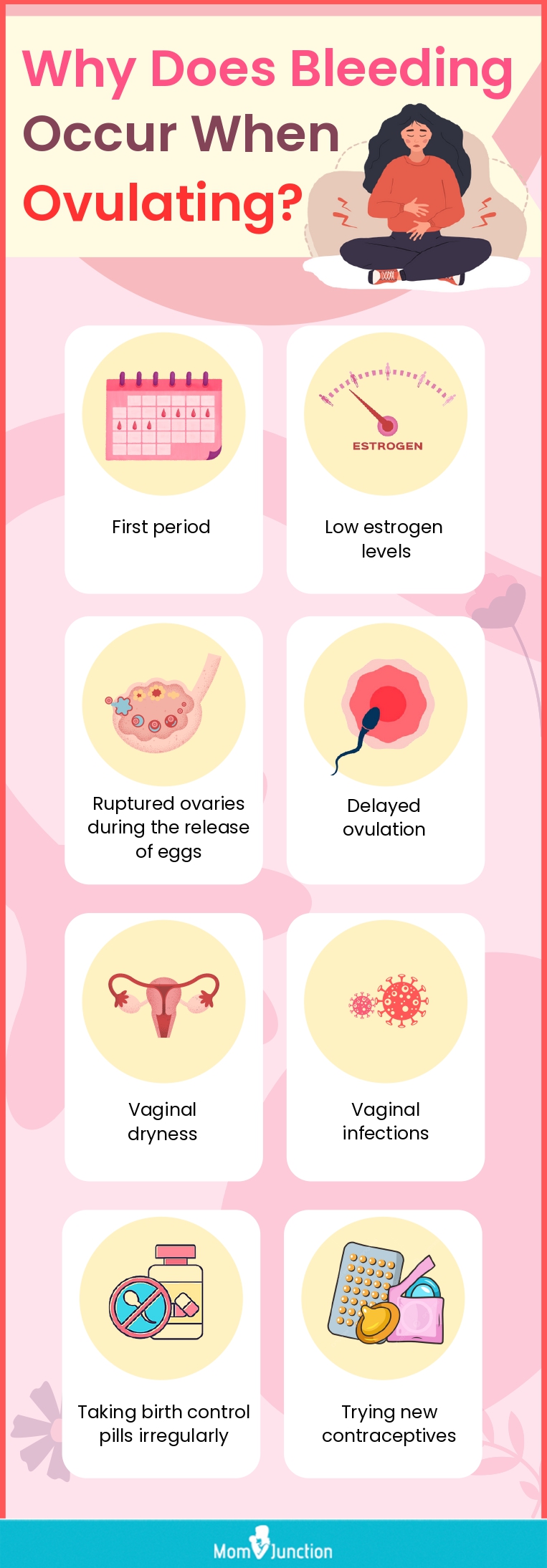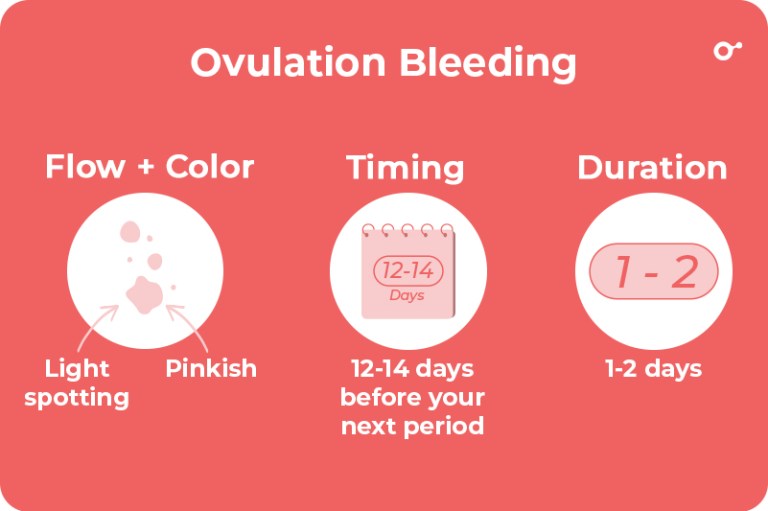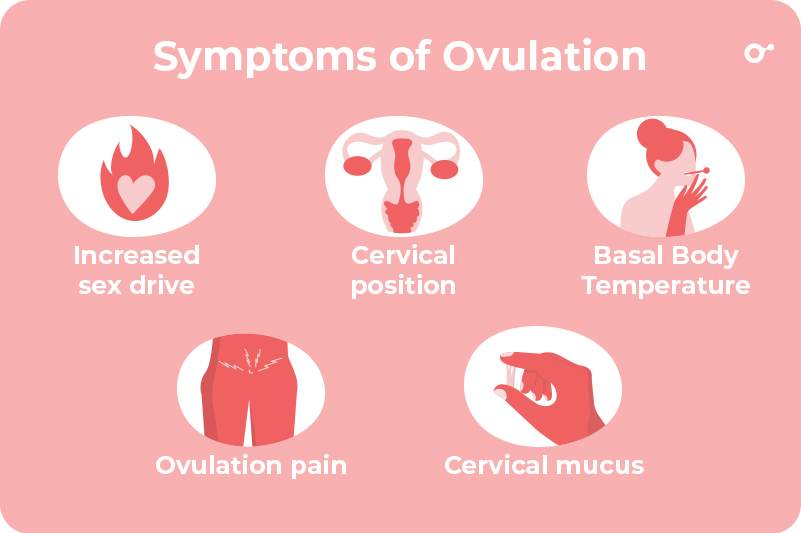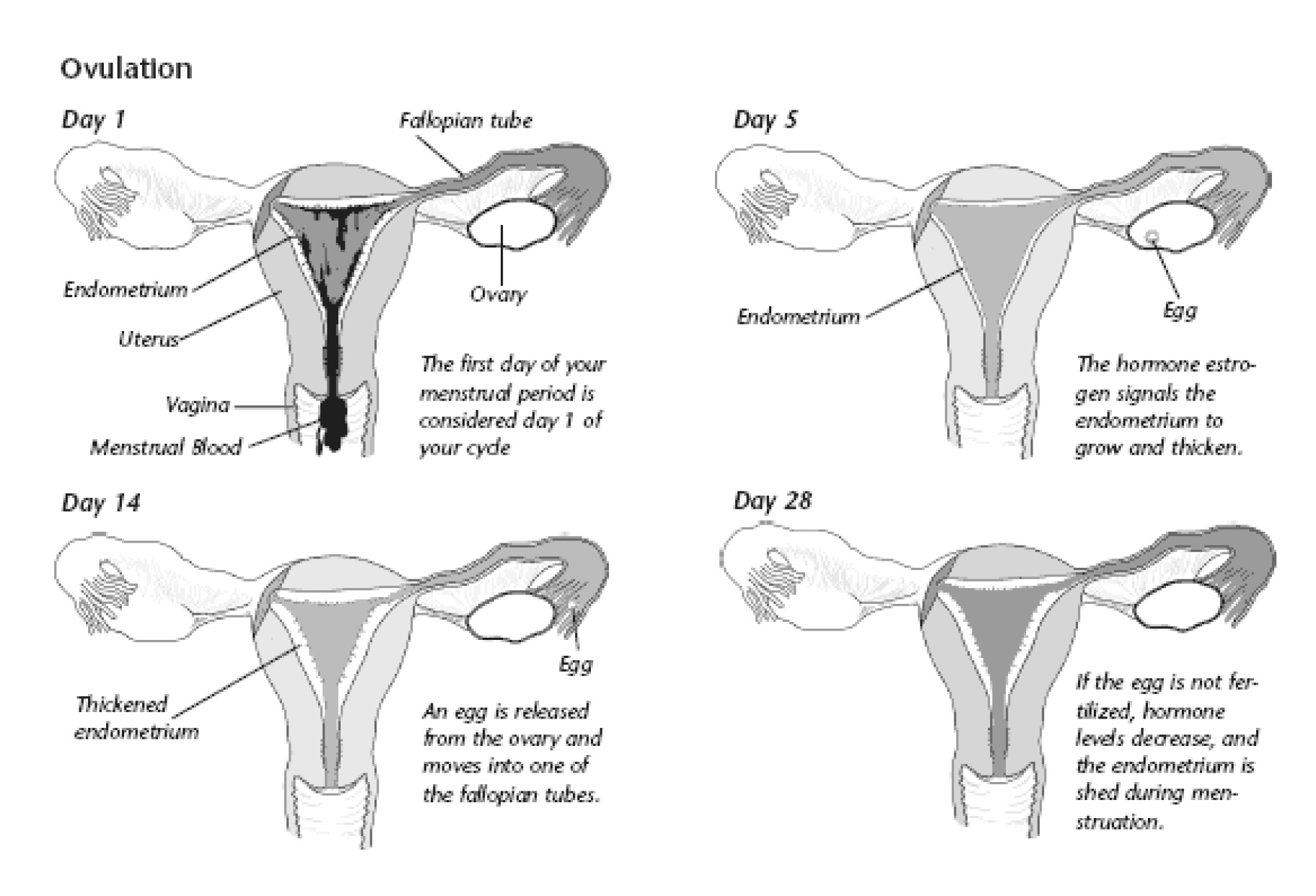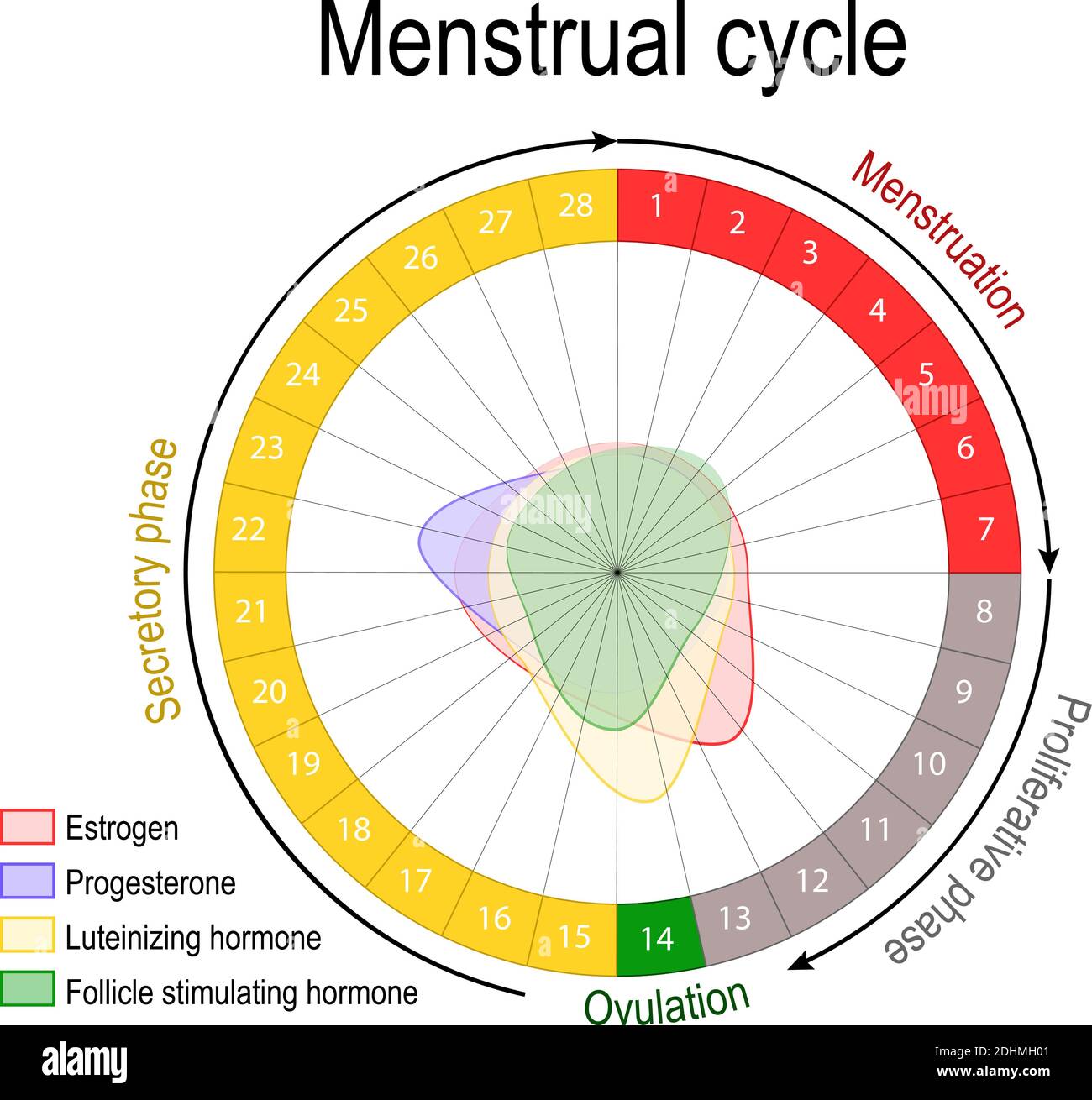Ovulation Bleeding Perimenopause - Why are your periods heavier (menorrhagia) during perimenopause?. Prolonged bleeding that lasts more than seven days. When you reach menopause, your body makes so little estrogen that your ovaries no longer release eggs (ovulation). Anovulation is often due to hormonal imbalances and can occur during perimenopause. Signs of an anovulatory cycle.
Why are your periods heavier (menorrhagia) during perimenopause?. Signs of an anovulatory cycle. Anovulation is often due to hormonal imbalances and can occur during perimenopause. Prolonged bleeding that lasts more than seven days. When you reach menopause, your body makes so little estrogen that your ovaries no longer release eggs (ovulation).
Signs of an anovulatory cycle. Why are your periods heavier (menorrhagia) during perimenopause?. Anovulation is often due to hormonal imbalances and can occur during perimenopause. When you reach menopause, your body makes so little estrogen that your ovaries no longer release eggs (ovulation). Prolonged bleeding that lasts more than seven days.
Perimenopause Explained — Jefferson OB/GYN
Signs of an anovulatory cycle. Why are your periods heavier (menorrhagia) during perimenopause?. When you reach menopause, your body makes so little estrogen that your ovaries no longer release eggs (ovulation). Prolonged bleeding that lasts more than seven days. Anovulation is often due to hormonal imbalances and can occur during perimenopause.
Irregular Periods, Menopause and Perimenopause Elektra Health
When you reach menopause, your body makes so little estrogen that your ovaries no longer release eggs (ovulation). Signs of an anovulatory cycle. Anovulation is often due to hormonal imbalances and can occur during perimenopause. Prolonged bleeding that lasts more than seven days. Why are your periods heavier (menorrhagia) during perimenopause?.
What you need to know about ovulation bleeding — Clearblue®
Anovulation is often due to hormonal imbalances and can occur during perimenopause. Why are your periods heavier (menorrhagia) during perimenopause?. Signs of an anovulatory cycle. When you reach menopause, your body makes so little estrogen that your ovaries no longer release eggs (ovulation). Prolonged bleeding that lasts more than seven days.
Ovulation Bleeding Is It Normal? Causes And Symptoms MomJunction
When you reach menopause, your body makes so little estrogen that your ovaries no longer release eggs (ovulation). Prolonged bleeding that lasts more than seven days. Why are your periods heavier (menorrhagia) during perimenopause?. Anovulation is often due to hormonal imbalances and can occur during perimenopause. Signs of an anovulatory cycle.
Ovulation Bleeding When It's Normal and When to See a Doctor, light
Signs of an anovulatory cycle. Prolonged bleeding that lasts more than seven days. Anovulation is often due to hormonal imbalances and can occur during perimenopause. When you reach menopause, your body makes so little estrogen that your ovaries no longer release eggs (ovulation). Why are your periods heavier (menorrhagia) during perimenopause?.
Perimenopause Ovulation Diarrhea at James Amar blog
Signs of an anovulatory cycle. When you reach menopause, your body makes so little estrogen that your ovaries no longer release eggs (ovulation). Why are your periods heavier (menorrhagia) during perimenopause?. Prolonged bleeding that lasts more than seven days. Anovulation is often due to hormonal imbalances and can occur during perimenopause.
Ovulation Bleeding vs. Implantation Bleeding
Prolonged bleeding that lasts more than seven days. When you reach menopause, your body makes so little estrogen that your ovaries no longer release eggs (ovulation). Why are your periods heavier (menorrhagia) during perimenopause?. Signs of an anovulatory cycle. Anovulation is often due to hormonal imbalances and can occur during perimenopause.
Ovulation Bleeding Causes, Signs, and What You Can Do
Prolonged bleeding that lasts more than seven days. Why are your periods heavier (menorrhagia) during perimenopause?. When you reach menopause, your body makes so little estrogen that your ovaries no longer release eggs (ovulation). Signs of an anovulatory cycle. Anovulation is often due to hormonal imbalances and can occur during perimenopause.
Menstruation Cycle Bleeding
Anovulation is often due to hormonal imbalances and can occur during perimenopause. Signs of an anovulatory cycle. Why are your periods heavier (menorrhagia) during perimenopause?. Prolonged bleeding that lasts more than seven days. When you reach menopause, your body makes so little estrogen that your ovaries no longer release eggs (ovulation).
Menstrual cycle and hormone level. Ovarian cycle follicular and luteal
Anovulation is often due to hormonal imbalances and can occur during perimenopause. Why are your periods heavier (menorrhagia) during perimenopause?. Signs of an anovulatory cycle. Prolonged bleeding that lasts more than seven days. When you reach menopause, your body makes so little estrogen that your ovaries no longer release eggs (ovulation).
When You Reach Menopause, Your Body Makes So Little Estrogen That Your Ovaries No Longer Release Eggs (Ovulation).
Prolonged bleeding that lasts more than seven days. Why are your periods heavier (menorrhagia) during perimenopause?. Signs of an anovulatory cycle. Anovulation is often due to hormonal imbalances and can occur during perimenopause.
